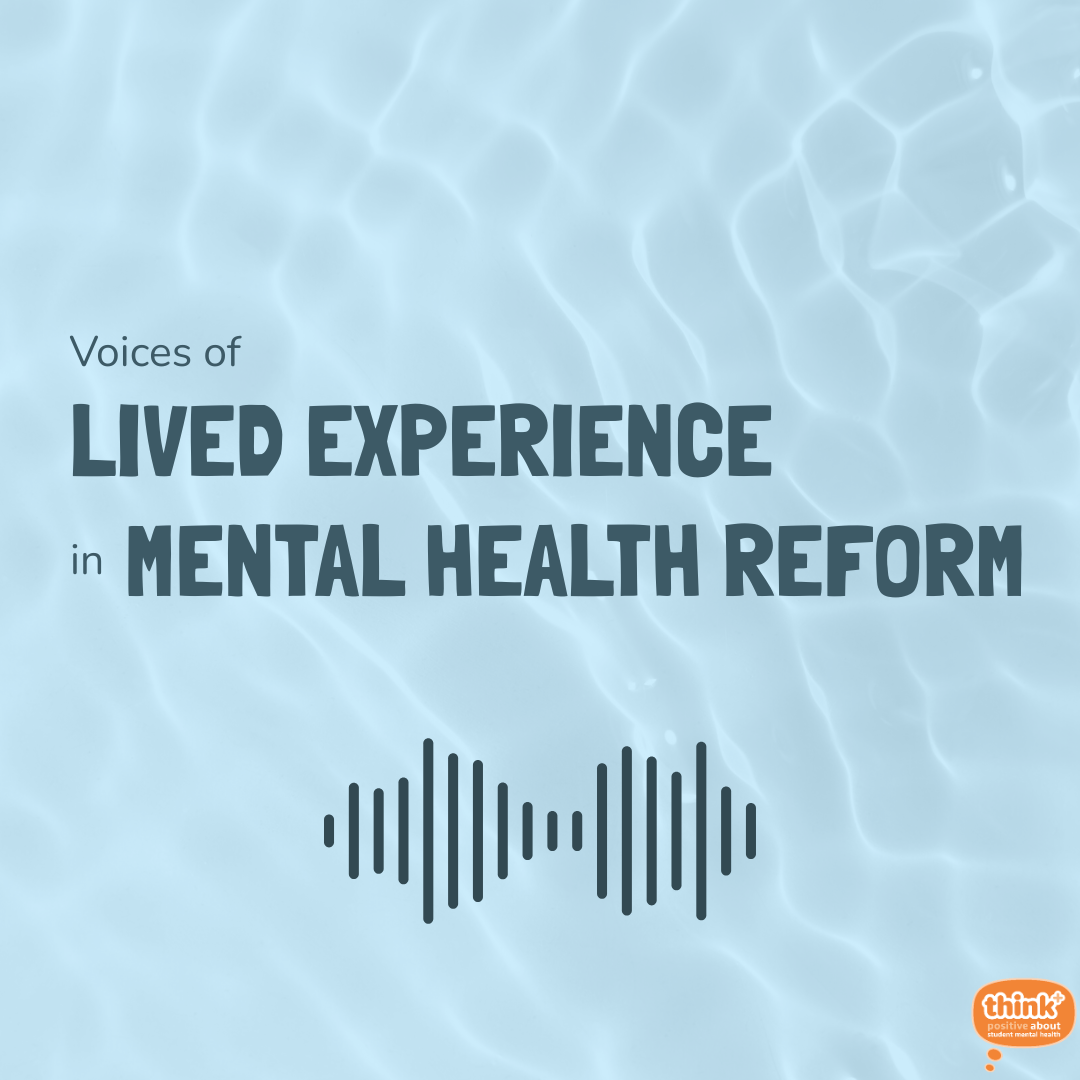Blog: voices of lived experience in mental health reform

By Helen Brown, Think Positive
My final dissertation as a social work student focused on the right to self-determination under proposed amendments to the Mental Health Act 1983 (England and Wales) and the Mental Health (Scotland) Act 1984. I explored involuntary treatment through the new Community Supervision Orders and Community Care Orders. This was at a time of emerging community care frameworks and de-institutionalisation.
Rights based discourse in mental health and civil liberties was still evolving then. The UN Convention on the Rights of Persons with Disabilities (UNCRPD) – which encompasses mental health – had yet to be developed. It is now 17 years since the UNCRPD came into force and it has been ratified by 190 states and the European Union – 191 parties.
Yet reports by the UN Special Rapporteur continue to highlight persistent challenges in mental health delivery globally, including a reliance on biomedical models, problems in practical implementation of the UNCRPD and ongoing stigma towards people who use mental health services.
Reforms to the mental health legislation are taking place this year in several countries, including to the Mental Health Act 1983 (England and Wales) and the Mental Health Act 2001 in Ireland. Scotland took forward reforms to the 2003 Act in 2015. This was followed by a Mental Health Capacity and Reform Programme to update and modernise legislation.
At the heart of these recent reforms are person centred, rights based approaches that prioritise advocacy, choice, recovery and early intervention through community-based supports. However, greater clarity is still needed around rights under detention, involuntary treatment and access to independent advocacy.
Mental health reform continues to be an area of focus and many countries are working to incorporate UNCRPD principles into national legislation. But what does this look like in practice? It means addressing structural inequalities and stigma; ensuring equitable access to services, information, and supports; investing in community based prevention and early intervention; and strengthening collaboration and referral pathways across sectors – for example between higher and further education and health.
Effective legislative reform requires not just legal change but robust resourcing, monitoring, oversight and accountability. Most importantly, it needs to centre on people with lived experience. The voices and insights of experience have to go beyond tokenistic consultation exercises and be embedded in the design, delivery and evaluation of services, support and policies.
It’s been a long time since my student dissertation on the right to self-determination under mental health law and we still need to advocate for lived experience to be at the heart of mental health reform, work and practice. At Think Positive this means fully engaging with students with lived experience and valuing the expertise of our project participants. Autonomy and human rights are not just principles on paper, but need to be fully realised and integrated across all mental health work in practice.
Explore resources on the Hub related to engaging with people with lived experience.

